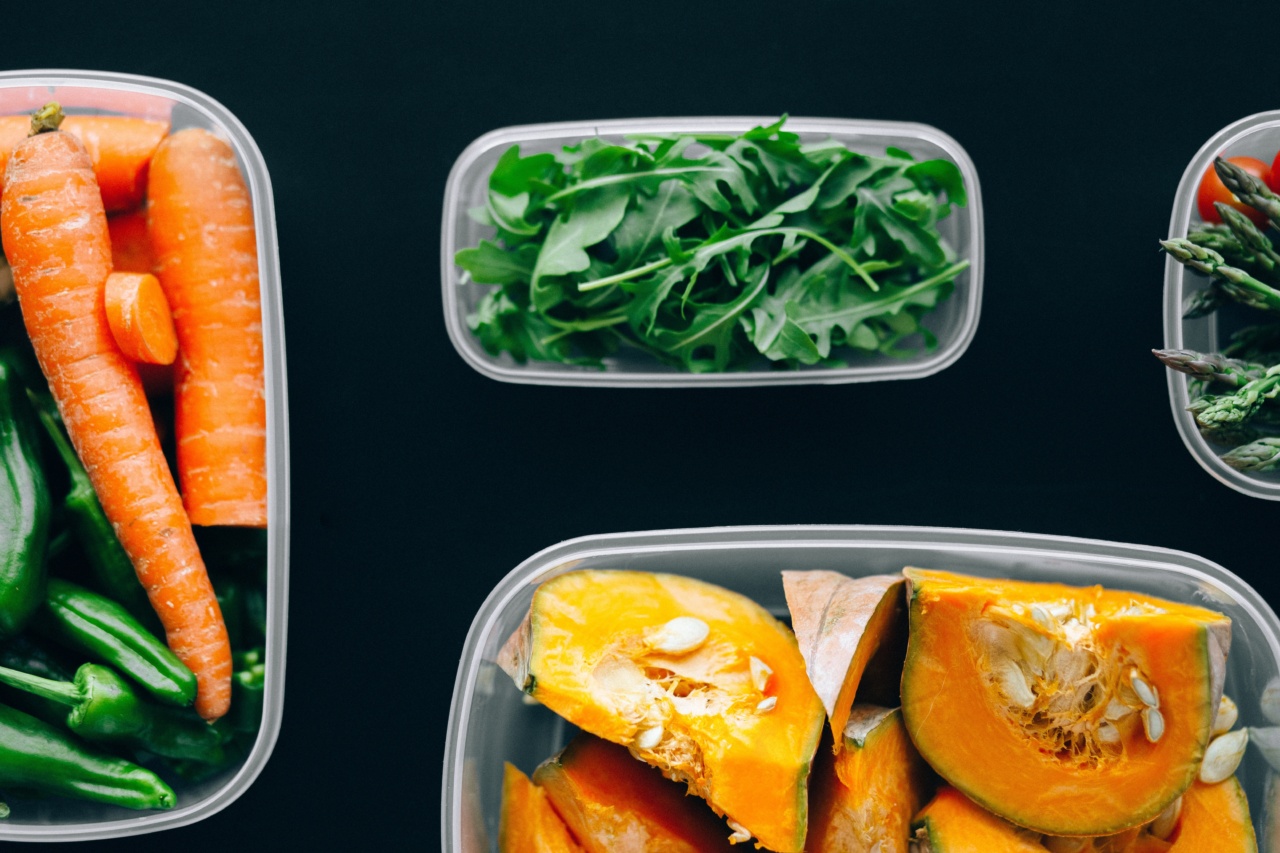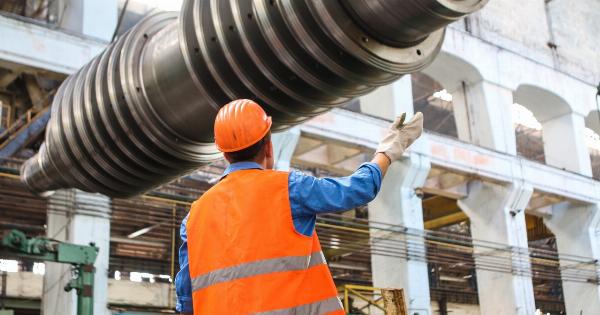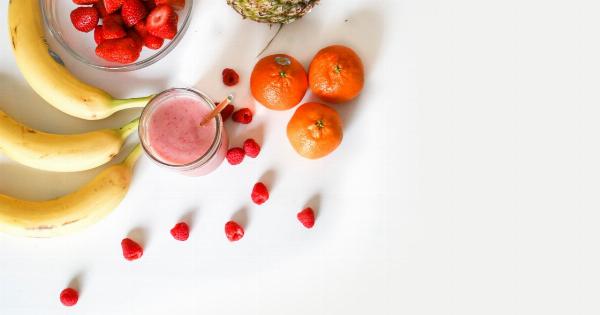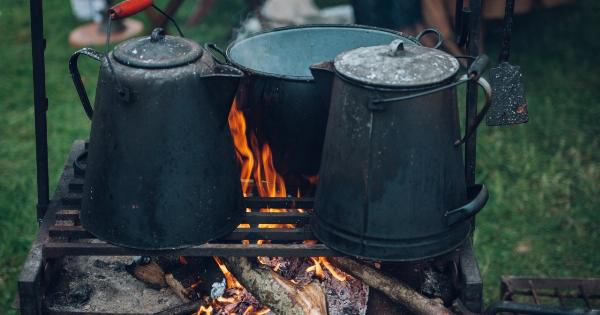Iron is an essential mineral required for various body functions. It plays a critical role in transporting oxygen throughout the body, maintaining healthy skin, hair, and nails, and supporting the immune system.
While meat is often associated with high iron content, there are plenty of vegetarian alternatives that are rich in this vital mineral. However, not all iron-rich plant-based foods are equally effective. Some are packed with iron but do not get absorbed efficiently. In this article, we will look at some iron-rich vegetarian foods that are optimally absorbed by the human body.
Spinach
Popeye was onto something when he sang the praises of spinach. This leafy green is not only loaded with vitamins and antioxidants, but it’s also rich in iron. In fact, spinach is one of the best plant-based sources of iron.
It contains non-heme iron, which is the type of iron found in plant-based foods. While non-heme iron is not as efficiently absorbed as heme iron found in meat, research suggests that pairing spinach with vitamin C-rich foods can enhance absorption.
So, next time you make a spinach salad, toss in some bell pepper, tomato, or lemon juice to boost iron absorption.
Lentils
This member of the legume family is a powerhouse of nutrition. Lentils are an excellent source of protein, fiber, and many essential vitamins and minerals, including iron.
A cup of cooked lentils provides around 6 milligrams of iron, which is about one-third of the daily recommended value. Like spinach, lentils also contain non-heme iron that can benefit from vitamin C-rich foods. Enjoy a hearty lentil soup with a squeeze of lime or make a lentil and vegetable stir-fry to maximize iron absorption.
Chickpeas
Chickpeas, also known as garbanzo beans, are a versatile and tasty legume with a wealth of health benefits. They are packed with protein, fiber, and an array of vitamins and minerals, including iron.
A cup of cooked chickpeas provides around 4.7 milligrams of iron, making it an excellent plant-based source of this mineral. Pair your hummus or chickpea salad with some vitamin C-rich veggies like red pepper or cucumber to increase iron absorption.
Tofu
Tofu, made from soybeans, is a popular protein source among vegetarians and vegans. It’s also rich in iron, calcium, and other nutrients.
A 100-gram serving of tofu can provide up to 6.6 milligrams of iron, making it a good plant-based option for boosting iron intake. Moreover, some research suggests that the calcium content in tofu helps to improve iron absorption. So, add some cubed tofu to your stir-fry or whip up a tofu scramble for breakfast to get a healthy dose of iron.
Pumpkin seeds
Pumpkin seeds are delicious, crunchy, and packed with nutrition. They are a rich source of protein, healthy fats, and many essential minerals, including iron.
A handful of pumpkin seeds can provide up to 4.2 milligrams of iron, which is about 25% of the daily recommended value. Furthermore, pumpkin seeds are high in vitamin E, which is believed to enhance iron absorption. Sprinkle some pumpkin seeds on your salad or blend them into a smoothie for a nutritious and iron-rich snack.
Quinoa
This ancient grain is a staple in many vegetarian and vegan diets, and for good reason. It’s a rich source of protein, fiber, and many essential vitamins and minerals, including iron. A cup of cooked quinoa can provide around 2.8 milligrams of iron.
Additionally, quinoa contains a compound called phytic acid, which can inhibit iron absorption. However, soaking or sprouting quinoa before cooking can help to reduce phytic acid levels and enhance iron absorption. Pair quinoa with some veggies and roasted chickpeas for a hearty and iron-rich meal.
Dark Chocolate
Yes, you read it right. Dark chocolate is not only delicious, but it’s also an excellent source of iron. A 100-gram serving of dark chocolate can provide up to 5.5 milligrams of iron. However, not all chocolate is created equal.
To get the iron benefits, opt for dark chocolate with at least 70% cocoa content. Moreover, consuming chocolate with vitamin C-rich foods can further enhance iron absorption. So, go ahead and treat yourself to a piece or two of dark chocolate for a sweet and healthy iron boost.
Broccoli
Broccoli is a nutritious and versatile cruciferous vegetable. It’s a great source of fiber, vitamin C, and many other essential vitamins and minerals, including iron. A cup of cooked broccoli can provide around 1 milligram of iron.
While this may not sound like much, broccoli contains a unique combination of nutrients that can enhance iron absorption. It’s high in vitamin C, which as we mentioned earlier, can improve non-heme iron absorption. Additionally, broccoli contains a substance called sulforaphane, which can improve iron status in the body.
Add some steamed broccoli to your pasta or stir-fry for a healthy and iron-rich meal.
Sesame seeds
Sesame seeds are tiny but mighty. They are a good source of protein, healthy fats, and many essential minerals, including iron. A 100-gram serving of sesame seeds can provide up to 14 milligrams of iron.
However, like other plant-based foods, sesame seeds contain phytic acid that can limit iron absorption. To reduce phytic acid levels and enhance iron absorption, soak sesame seeds in water for a few hours before consuming, or use them in dishes that contain vitamin C-rich foods.
Sprinkle some sesame seeds on your toast or blend them into a homemade tahini sauce for a flavorful and iron-rich addition to your diet.
Blackstrap molasses
Blackstrap molasses is a thick, dark syrup that’s rich in iron, calcium, and other essential minerals. In fact, just one tablespoon of blackstrap molasses can provide around 1.5 milligrams of iron.
This makes it an excellent plant-based source of this mineral. Blackstrap molasses also contains other compounds like vitamin B6 and magnesium that can improve iron absorption and boost energy levels.
Add some blackstrap molasses to your baked goods or use it as a natural sweetener for your tea or coffee to get a healthy dose of iron.
Conclusion
Getting enough iron is essential for optimal health, but it’s especially important for vegetarians and vegans who rely solely on plant-based sources.
While not all plant-based iron sources are equally effective, combining iron-rich foods with vitamin C-rich foods, calcium, and other nutrients can help to enhance iron absorption. Incorporating these ten foods into your diet and preparing them in a way that maximizes nutrient absorption can help you meet your daily iron needs and maintain optimal health.




























